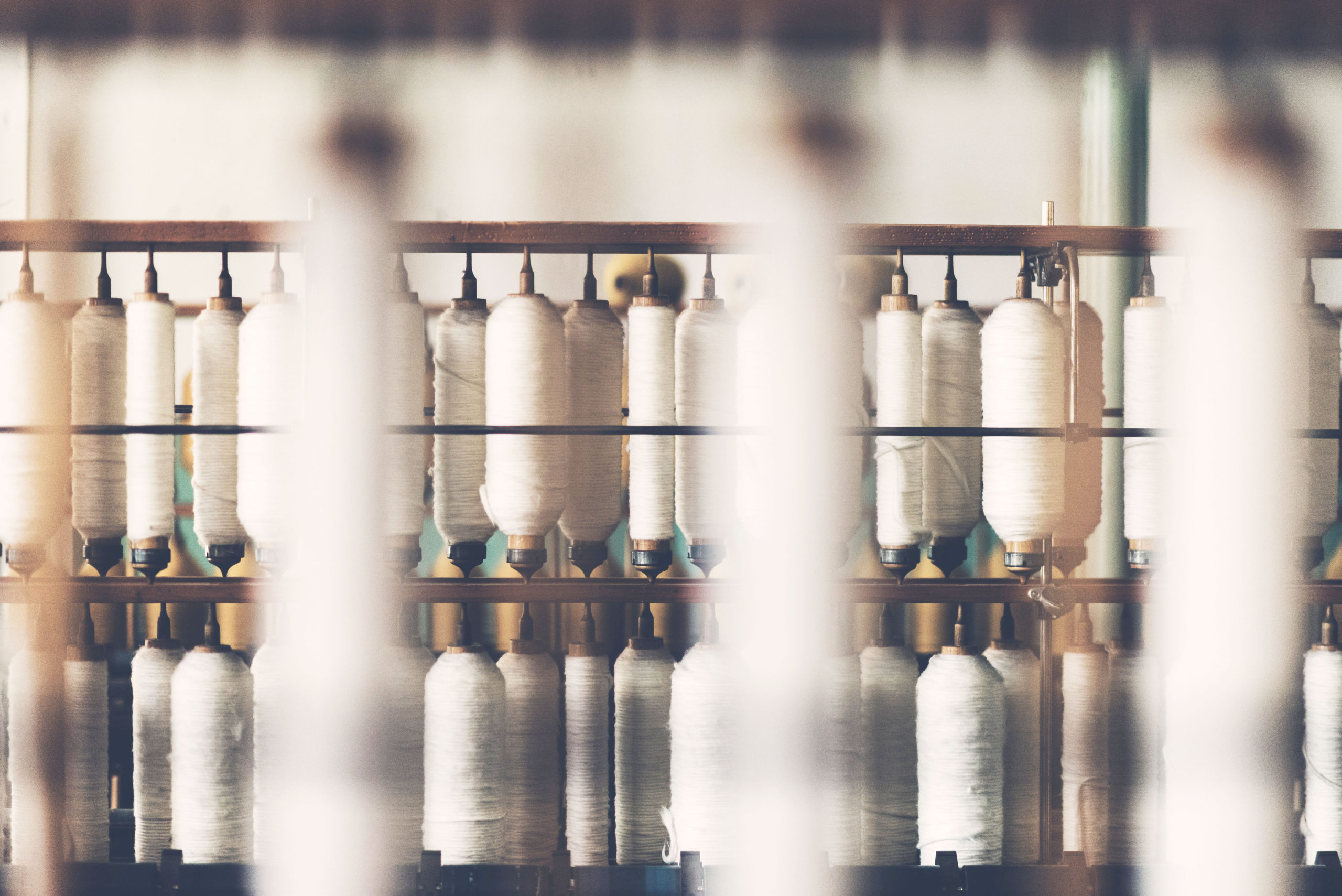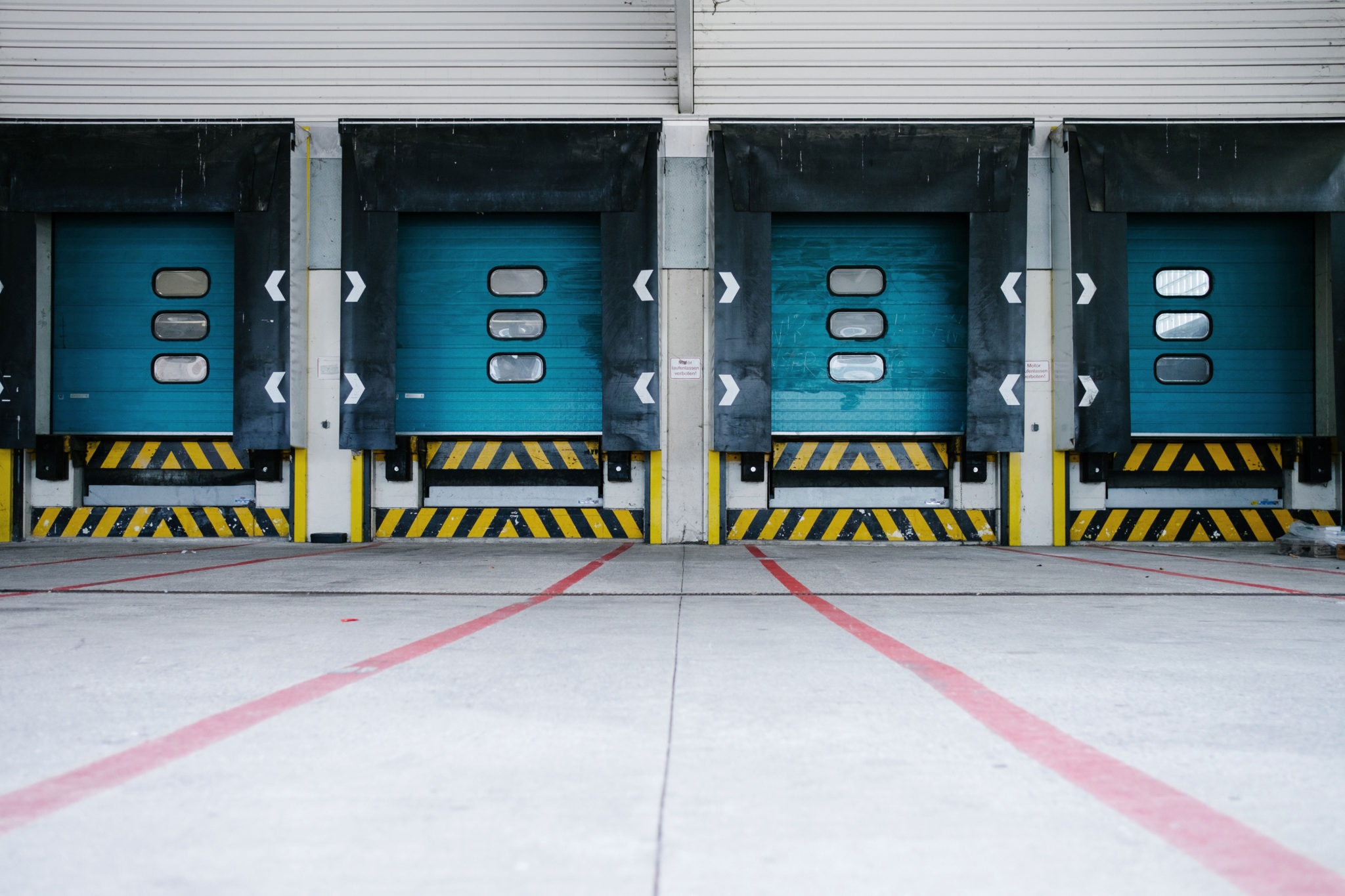As we have mentioned on many occasions, climate pressure is one of the great issues that forces a paradigm shift in the current fashion industry. Sustainability has gone from being a sales pitch to an essential requirement for companies in the textile sector. Now, more than ever, brands must aspire to create value from an environmental point of view, as well as an economic one. Find out what Life Cycle Assessment (LCA) is and how this tool can accelerate your brand’s journey towards sustainability by identifying the environmental impacts of your products.
We are at a turning point in which it’s urgent that the fashion industry implement LCA as a tool to make informed business decisions
The processes linked to the textile activity, as happens in the rest of the industrial sectors, apart from consuming a large amount of natural resources, also generate an excessive volume of waste. From the extraction of raw materials to the distribution of manufactured products, the fashion industry causes diverse environmental impacts in each of these stages. Let us briefly analyze the context from which we start to point out the textile sector as one of the main contributors to environmental pollution:
- Consolidation of a linear production system. The production model of the fashion industry operates under a linear system based on “produce, use and discard”. A cycle that doesn’t contemplate the reintroduction of waste in production and therefore favors the depletion of the planet’s natural resources, contributing to deforestation, uncontrolled carbon emissions, droughts, floods, global warming and high waste generation.
- Unsustainable environmental impact. The fashion industry has a huge negative impact on the planet. It represents between 2% and 4% of global carbon emissions. On the other hand, it is an abusive sector in terms of water consumption, it uses the equivalent of 37 million Olympic swimming pools a year. Not forgetting synthetic chemicals used in clothing and footwear, cotton production alone uses 4% of all the world’s pesticides and 10% of insecticides. A deep environmental footprint if we also take into account waste, a problem that emits 20 tons of CO2 into the atmosphere for every ton of discarded textiles.
- High complexity of supply chains. The fashion industry has one of the longest and most delocalized supply chains in the world. A simple cotton t-shirt can go through more than 30 different processes. The lack of visibility and the multiplicity of actors distributed throughout the production cause the lack of control over the supply chains. Ignoring the potential impacts throughout the entire life cycle of a product makes it impossible to identify which are the critical points that intensify its environmental footprint.
Given this context, we are at a turning point in which it’s urgent that the fashion industry implement LCA as a tool to make informed business decisions based on the identification, study and evaluation of the environmental impacts of its articles.
But what is LCA and how can it benefit your business?
Life Cycle Assessment is an environmental management tool whose purpose is to comprehensively establish and quantify the current and potential environmental impact of a product, process or system throughout its entire life cycle. Its objective is to achieve a better understanding of the scope of possible impacts caused by the production of an article such as global warming, eutrophication, the use of water or the abiotic depletion of fossil fuels.
The main feature of this tool is its global approach, that is, the integration of all the parts that make up a system to define its properties. For this reason, LCA contemplates the analysis of all the processes that make up the life cycle of a product above the individual study.
Thanks to the metrics, data and quality indicators calculated from an LCA, brands can draw conclusions and implement responsible solutions that accelerate their transition to sustainability. These are some of the benefits that Life Cycle Assessment can bring to your business:
- Optimization of product development. Having specific indicators for each of the products in a collection allows actions to be implemented with the aim of reducing and eliminating the negative environmental impacts of said products in the different stages of their life cycle.
- Improvement of the efficiency of production processes and waste management. LCA eases the detection of high environmental risk points and the implementation of appropriate actions to mitigate them. On the other hand, it improves the efficiency of the supply chain by preventing an environmental problem from being transferred to later stages.
- Improvements in performance and profitability. Through the identification of opportunities and risks in a clear and precise way, LCA is an instrument that also makes it possible to reduce costs and improve business competitiveness.
- Consolidation of consumer communication. Obtaining valuable environmental data allows these indicators to be transferred to final consumers. Through LCA, a fashion brand can support its communication with truthful data that confirms its environmental commitment.
- Anticipation of legislative requirements. Legislation will be the ultimate driver for the fashion industry to move towards sustainability and LCA can help brands meet the requirements established by law to comply with the new regulations.
From BCOME we invite you to shed light on your value chains to identify those processes that are reducing the environmental quality of your articles and promote solutions that benefit the impact of your brand as well as its competitiveness in the market. Through our platform you will have access to the environmental impact of each of your references throughout their life cycle. Start making informed decisions that drive your business towards sustainable transformation. Let’s create change together!









